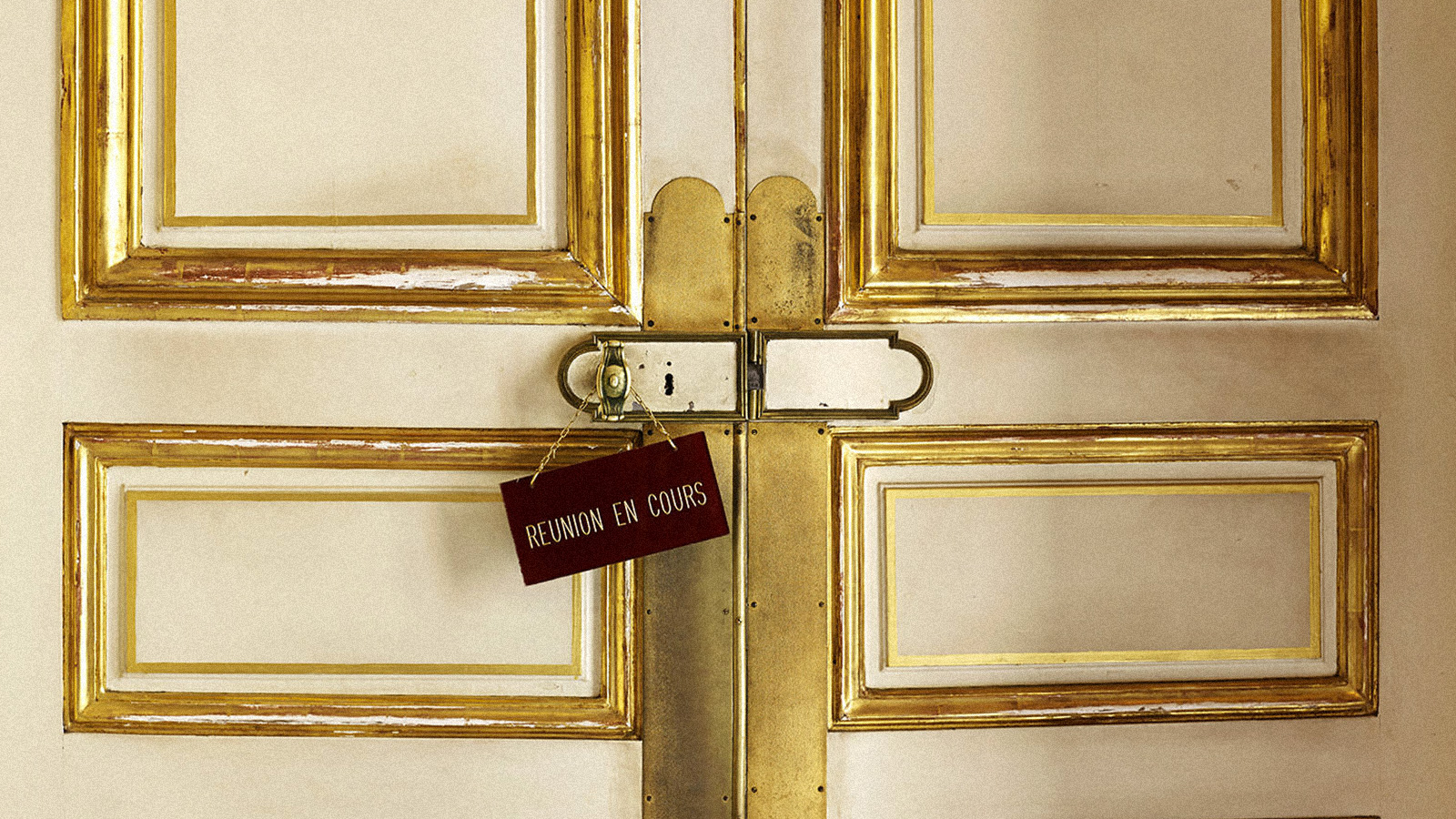If Matignon were shown to me
The Hôtel de Matignon, located in the 7th arrondissement of Paris, has been the workplace of the head of government and his team since 1935. As such, it is one of the main decision-making and arbitration centers in French political life.
The doors of Matignon open onto what we know less about: how it works and the people who work there every day.
To achieve this, two photographers spent several days in the corridors, lounges, offices and offices of the Hôtel de Matignon and its 3 hectares of parkland. Based on their photos, the webdocumentary finally shows the inside of an extraordinary building, and what goes on there.
The need for transparency
Today, the need for transparency in politics, and even more so in government, is imperative. In a web documentary on Matignon, storytelling and interface must take a back seat to an experience that is as immediate, accessible and intuitive as possible.
Behind the desire for transparency, the choice to build an experience centered around photography conceals a much more carefully thought-out strategy – and one that pays off: photos are, in fact, even more than video, the means of communication best suited to social networks. It’s cheaper to produce, quicker to consume and easier to share.
Photography
Produce never-before-seen images of Matignon, conveying the history, the action, the place, the life. An exercise in photography never before seen in this type of mission, to immerse the user in simple exploration. Some photos are enhanced. On passing the mouse pointer or pressing a key on the keyboard, captions and access to contextual multimedia paths appear.
Paolo Verzone
Paolo Verzone is unclassifiable, which is just how he likes it. Coming from the world of the press, with which he continues to collaborate, he has always divided his time between portraiture and reportage. In parallel with his commissioned work, he embarks on long-term projects that allow him to question the notion of identity within our societies.
His work has won numerous prestigious awards (World Press Photo, Sony World Photography Award…).
Stephen Dock
In 2008, his meeting with a young Venezuelan doctor in Caracas led to his first report on the country’s public hospitals. On his return, he continued to cover social issues in France. In 2011, he made several trips to Palestine and joined the Corbis agency. That same year, while Syria was not yet in the spotlight, he decided to leave for Aleppo to follow the rebels. His photographs are published in the French and international press.
































